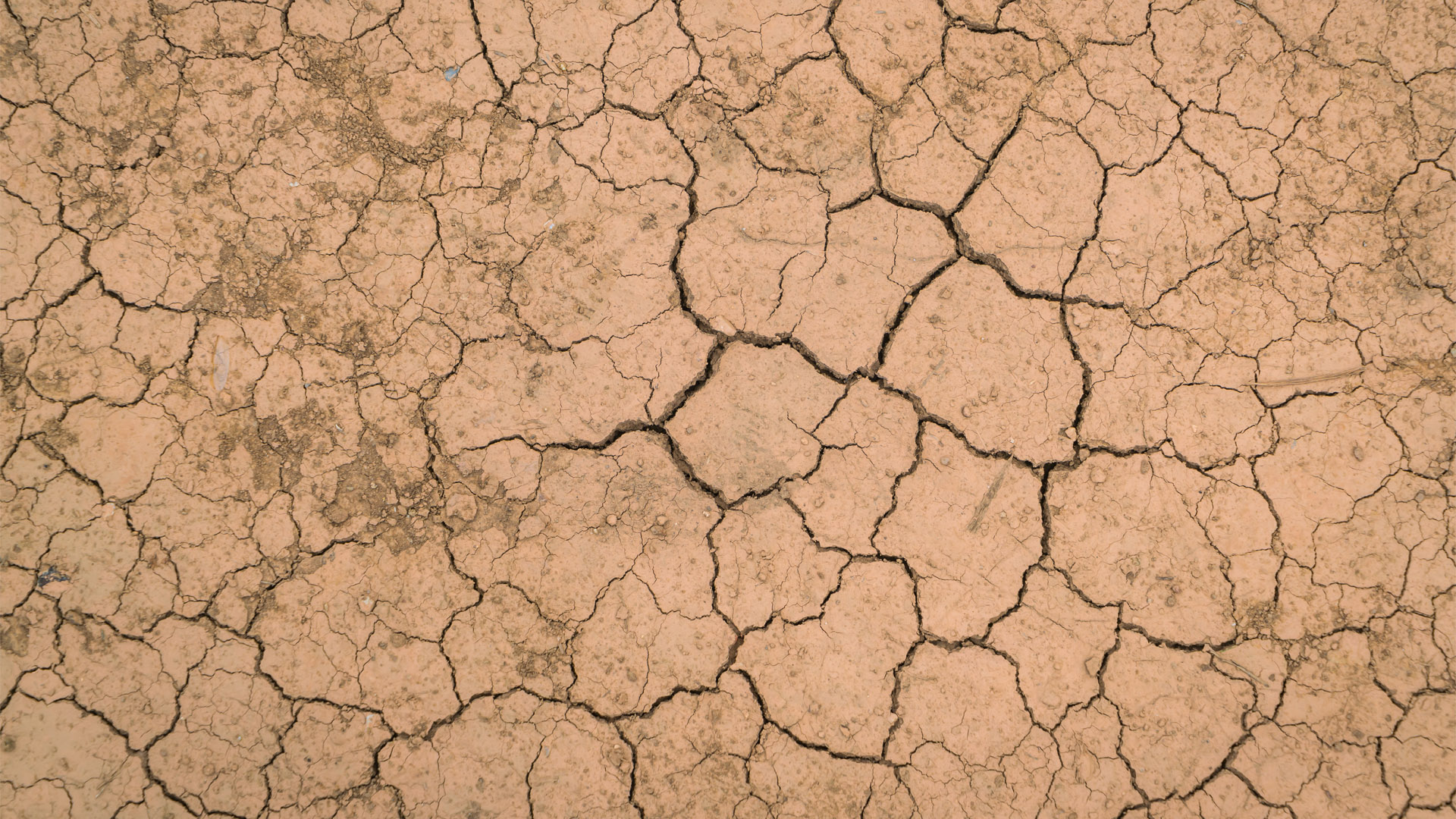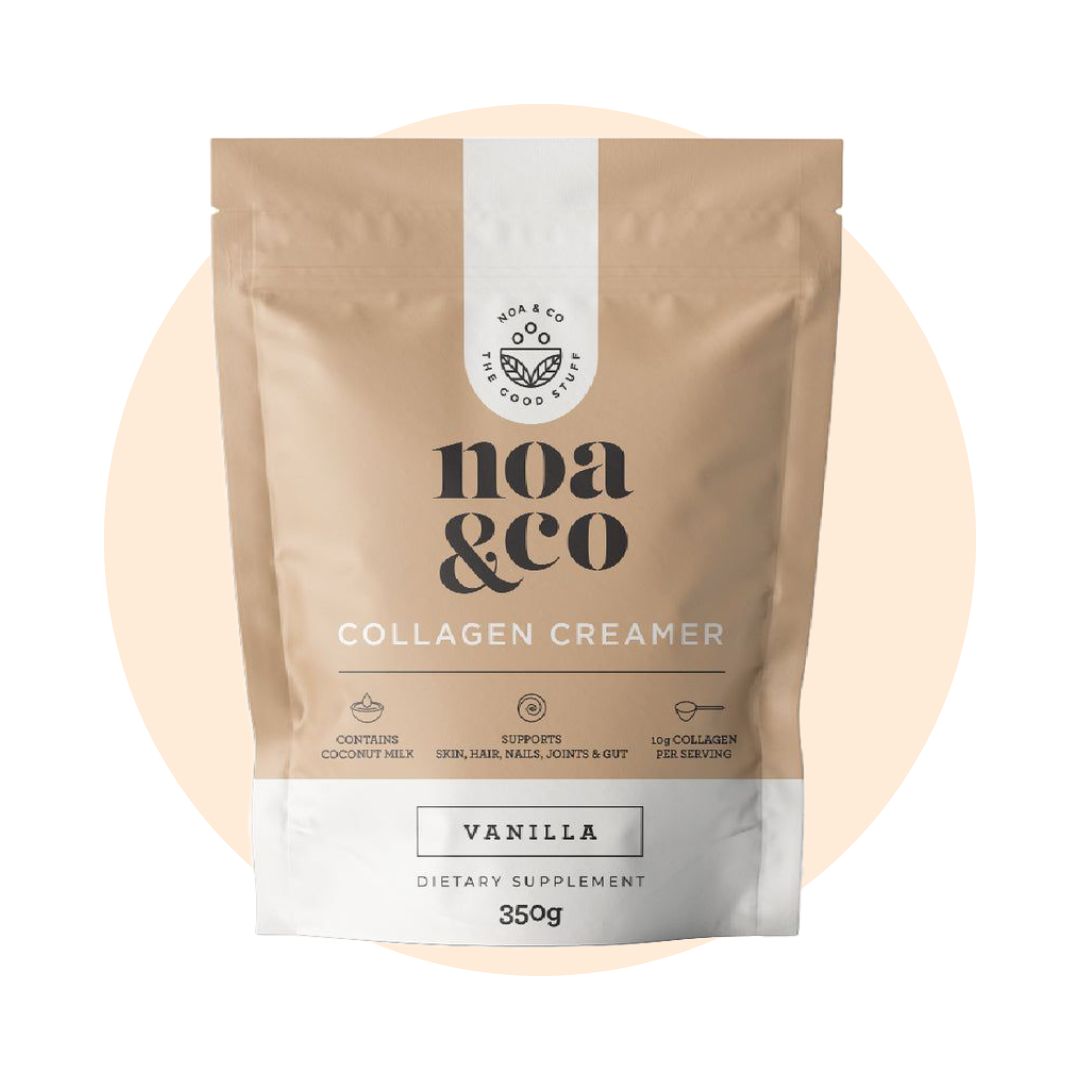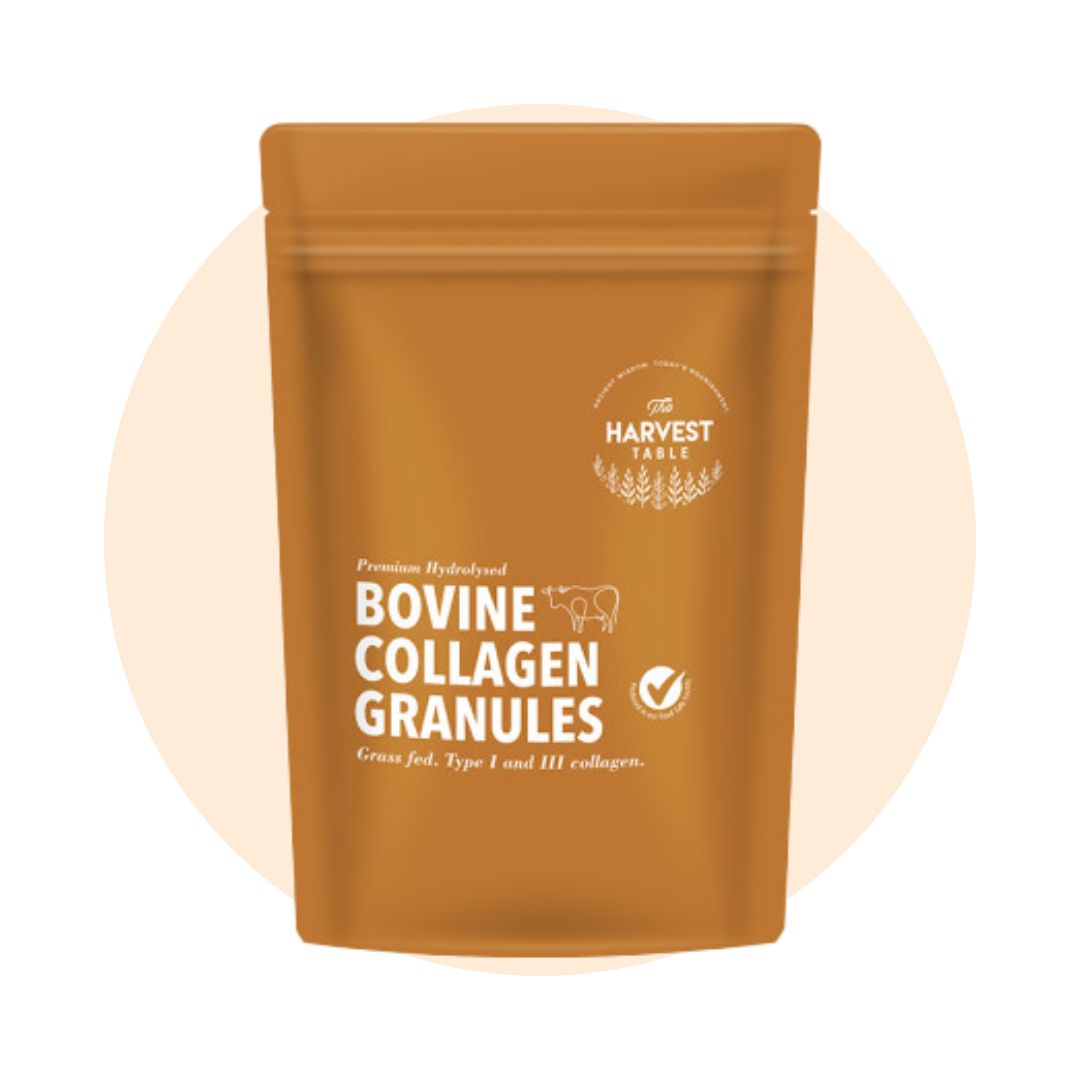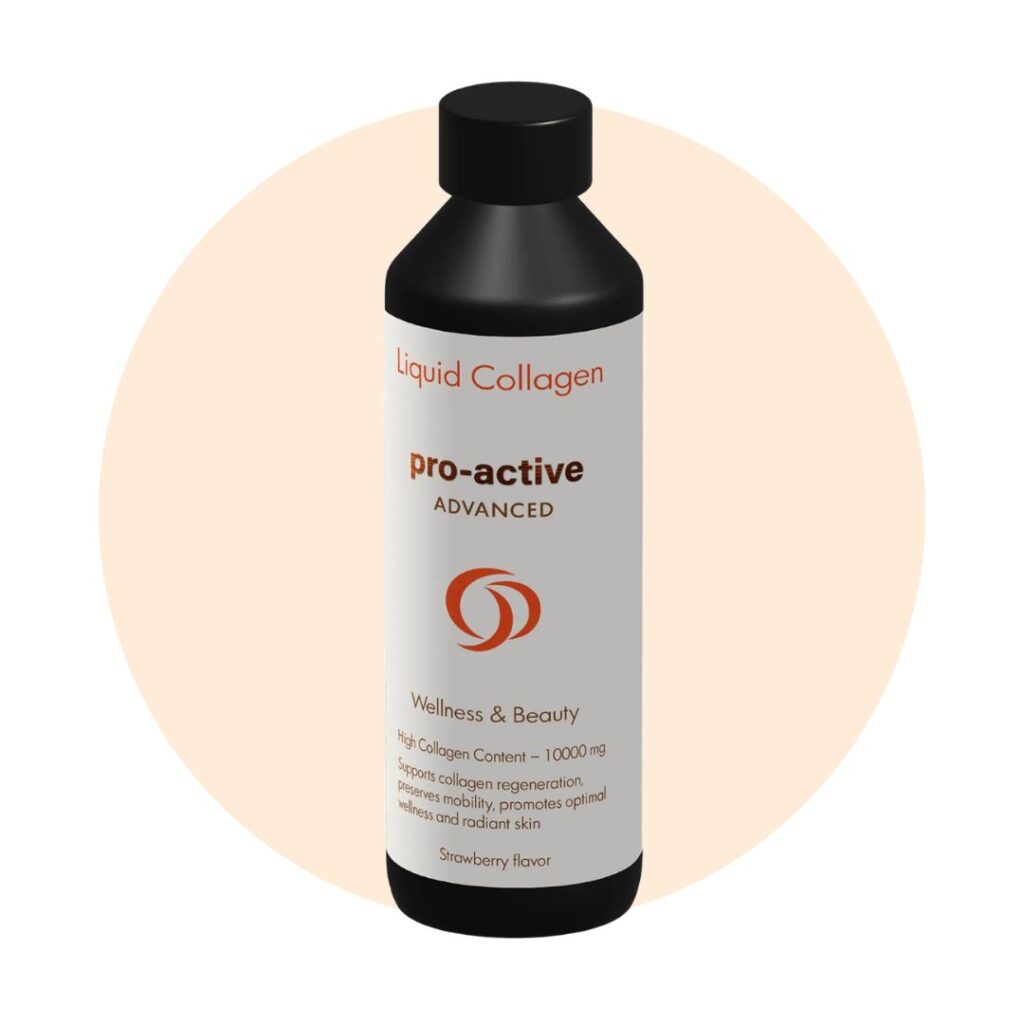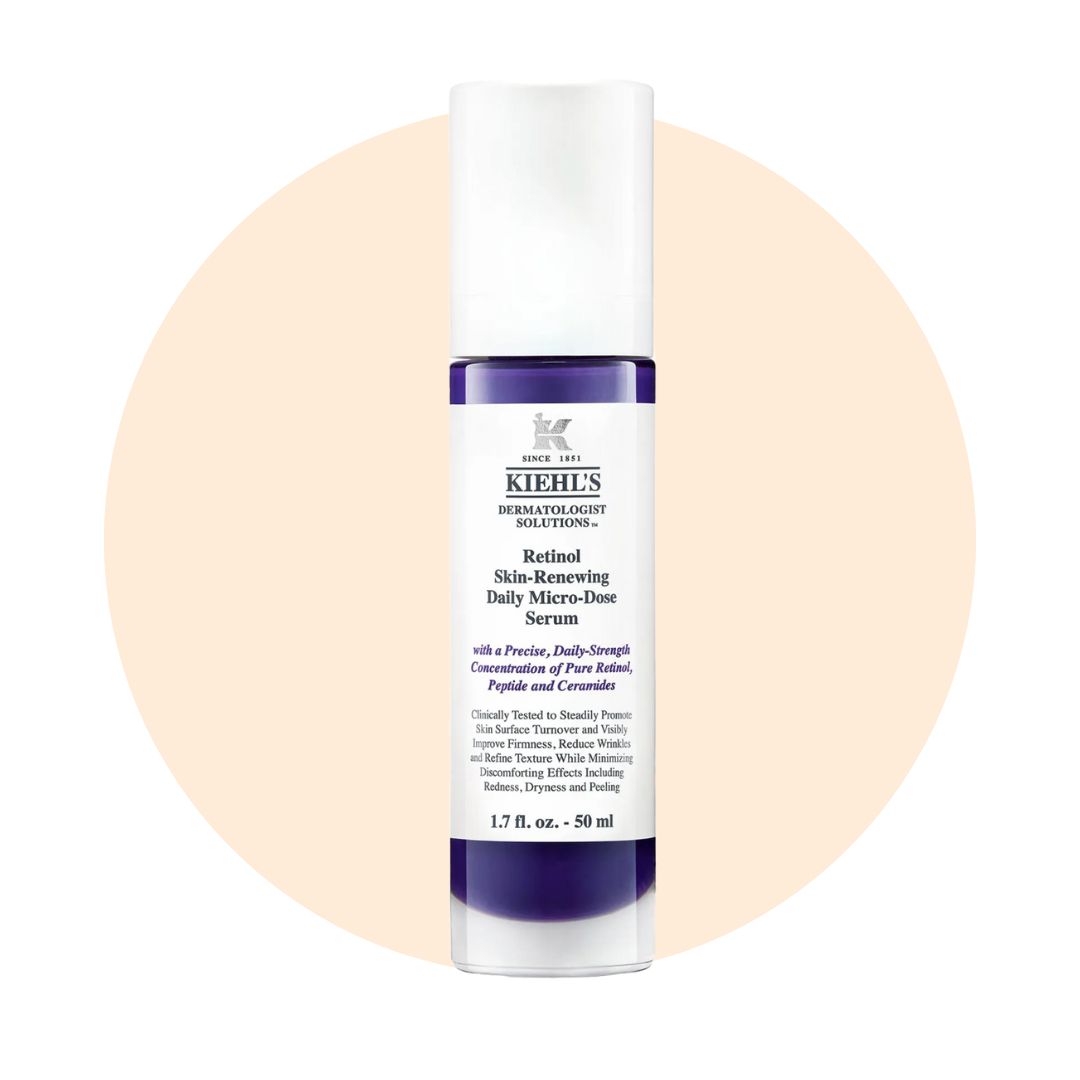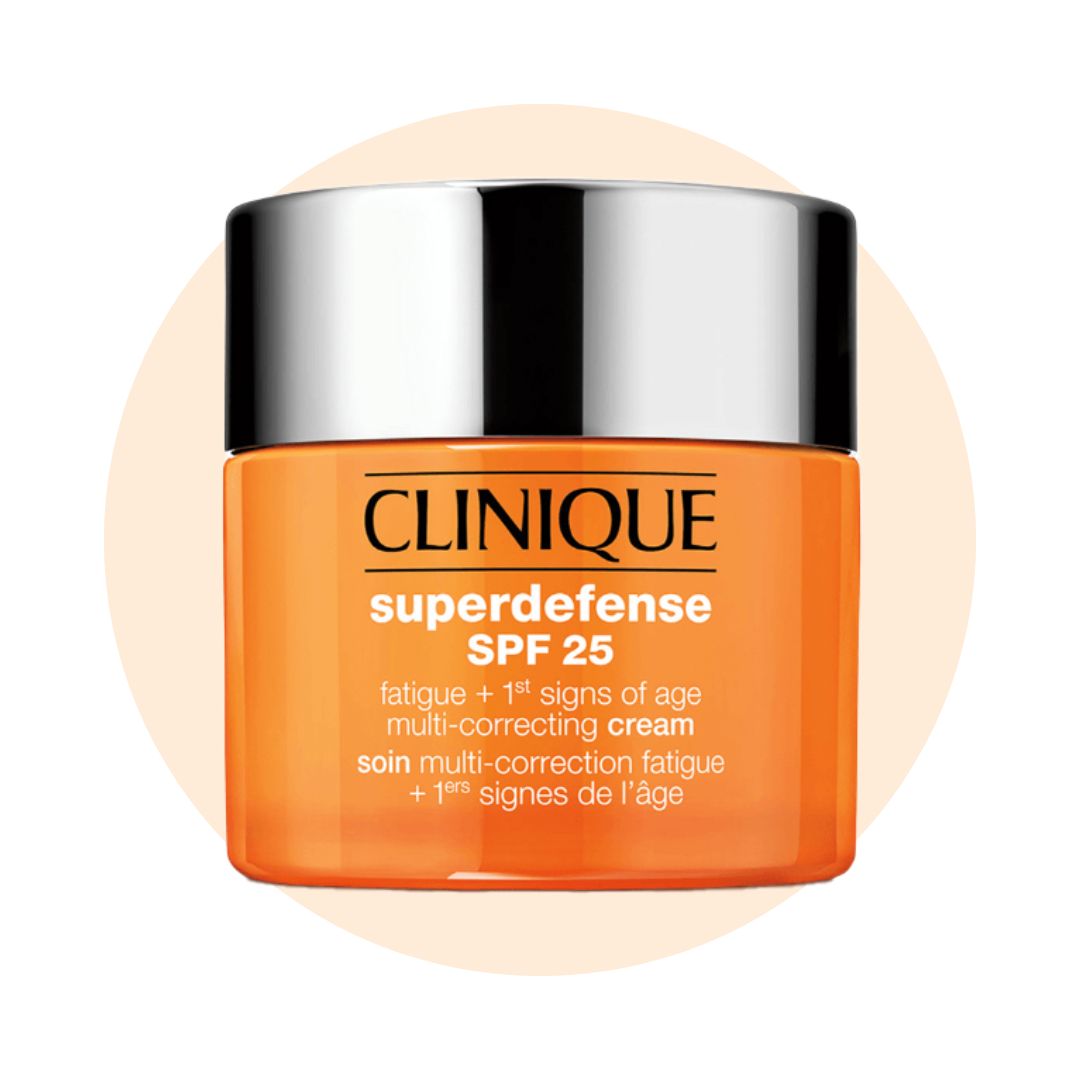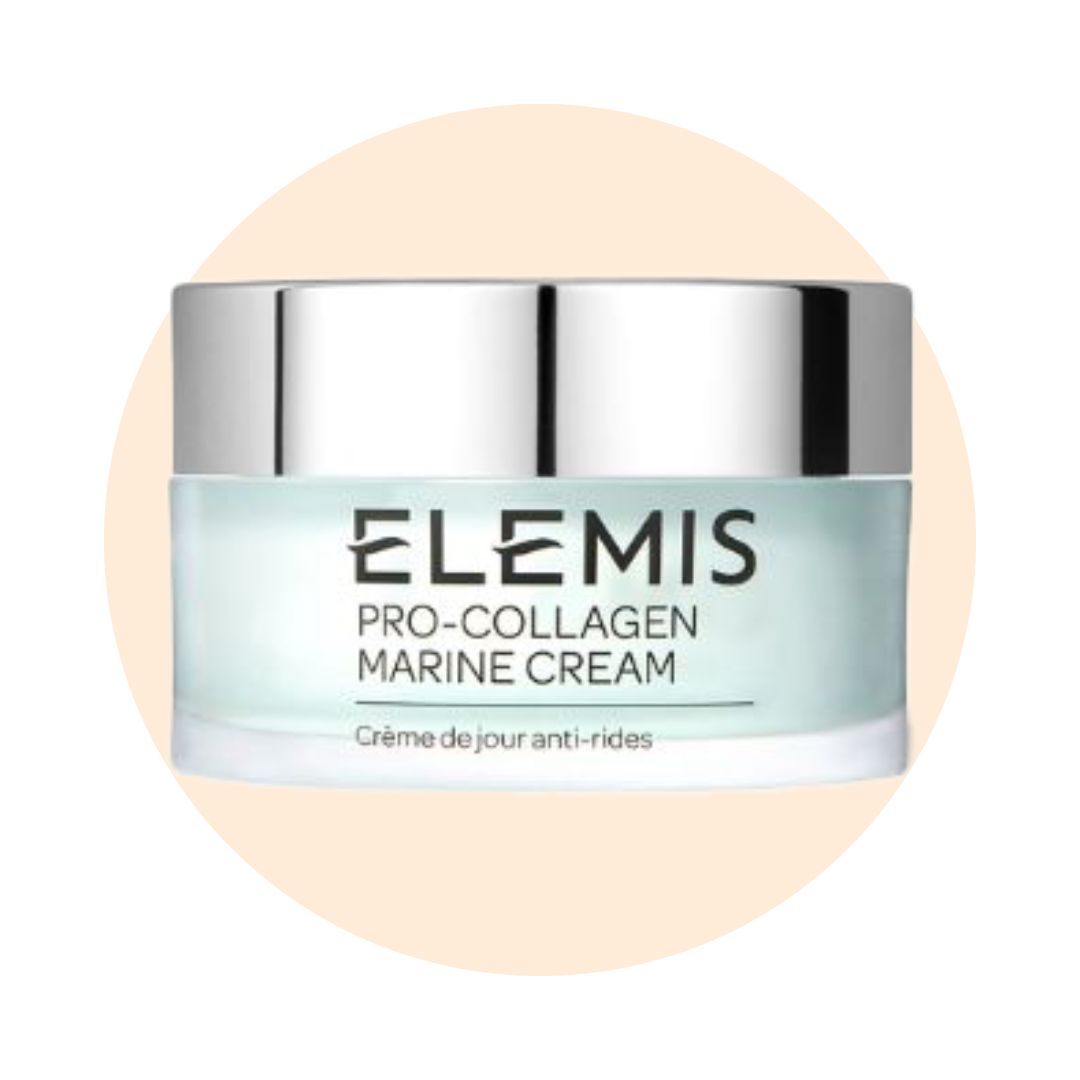For many Nigerians who care about wellness or beauty, collagen has become a buzzword—linked with firmer, plumper skin and a youthful look. From powders swirling in pap, to creams lining up in shops in Yaba, Victoria Island, Ikeja, or even Accra’s Makola Market, this ingredient has gained a reputation as a skin hero. But as more products pop up and influencers tout miracle benefits, what’s the real story behind collagen, especially for people living in West Africa? What’s fact, what’s hype, and how can everyday routines be optimized for healthier skin?
Let’s explore the science, the local relevance, and the best ways to add collagen to your wellness regimen—without falling for expensive fads or empty promises.
Understanding Collagen: More Than a Trend
Collagen is the most abundant protein in the human body. It acts as the foundational “scaffolding” that holds together our skin, muscles, bones, tendons, and ligaments. In simpler terms, without collagen, our skin would lack its firmness, our joints would be weak, and our bodies would feel less sturdy. The body creates collagen from amino acids found in foods, alongside nutrients like vitamins A and C, which are commonly found in Nigerian diets (think of oranges, pepper, ugu, and meat or fish dishes).
For those on plant-based diets—whether for cultural, religious, or lifestyle reasons—fruits with vitamin C (like citrus or pawpaw), greens such as broccoli, and peppers help supply the nutrients the body needs to make collagen.
Why Is Collagen Important As We Age?
By your mid-twenties, you might not notice changes, but the body’s production of collagen is already slowing down. According to multiple research studies, from age 25 onward, you lose about 1% of your skin’s collagen content each year. That’s why fine lines, dullness, and reduced skin elasticity often become more evident as people approach their thirties and above. Lagos-based dermatologist Dr. Folasade Ogunlana explained, “Environmental stressors in Nigerian cities, like sun exposure and pollution, can speed up signs of skin aging even more quickly.”
It’s not only age—lifestyle matters a lot. Smoking, alcohol consumption, and especially the harsh West African sun (without SPF protection) have all been shown to reduce the body’s collagen reserves. Locally, plenty of people know to avoid bleaching creams, but not everyone realises how daily sunscreen use can also protect collagen and slow visible aging.
The bottom line is: eat well, shield your skin from the sun, and consider skincare routines that promote your body’s own collagen-building abilities.
Are You Low on Collagen? What Signs to Watch Out For
There aren’t standard medical tests to measure collagen levels in your body, but several signs could suggest a decline:
- Sagging or wrinkled skin
- Weaker muscles or muscle discomfort
- Pain in the joints, reduced flexibility
- Hollow cheeks or under-eye areas
- Poor blood circulation, sometimes noticed as feelings of coldness in the limbs
If any of these seem familiar, especially as you age or after prolonged sun exposure, your collagen levels may be dipping.
What Does Research Say About Collagen Supplements?
A 2025 meta-analysis published in The American Journal of Medicine brought together data from 23 clinical trials involving nearly 1,500 participants—women and men across different continents, including some African populations. The report found oral collagen supplements resulted in modest improvements in skin hydration, elasticity, and fine lines. However, these effects were less impressive in higher-quality, independent studies compared to manufacturer-sponsored trials.
Supporting this, a summary in the International Journal of Dermatology and Venereology found regular intake—usually 3-5 grams daily for at least 8-12 weeks—could improve skin appearance, though results weren’t dramatic or immediate. This is echoed by nutritionists at the University of Ibadan, who note, “Collagen supplements can help, but the effects are gradual and not everyone will see the same results due to genetics, diet, and lifestyle.”
Essentially: expect subtle improvements, not instant miracles, and consistency is key.
Choosing Collagen: Marine vs. Bovine for African Skin
There’s an ongoing debate around marine collagen—extracted from fish—and bovine collagen—sourced from cows. Marine collagen is widely marketed for its smaller molecules (lower molecular weight), which reportedly make it easier to absorb. However, as Dr. Chinedu Nwosu, a Nigerian nutrition consultant, stated, “There’s little evidence that marine collagen is superior, especially when both types are hydrolysed—broken down into small peptides.”
Bovine collagen has an edge in availability across Nigeria and West Africa and contains type I and type III collagen, which are the main ones in skin and connective tissue. The conveniently wide supply also means lower prices for Nigerian shoppers dealing with high import tariffs and shipping delays.
For most people, the source matters less than the quality and the presence of hydrolysed peptides, which boost absorption regardless of animal origin.
Daily Dosage: How Much Collagen Should You Take?
Most scientific trials used 2.5–10 grams of hydrolysed collagen daily. Experts recommend choosing a dose you can stick to—consistency matters more than going overboard. Typical servings in local and imported powders, liquids, or capsules often fit within this range.
How Soon Will You See Changes?
If you’re hoping for rapid transformation, it’s good to manage expectations. Studies suggest most people see minor improvements in hydration by about four weeks, with more visible effects (like enhanced firmness or fewer wrinkles) taking 8-12 weeks of regular supplementation. Lagos-based skin care experts advise patience, noting that small, sustainable gains matter more for long-term skin resilience.
Topical Collagen Creams: Worth the Money?
Collagen creams and lotions are everywhere, but there’s a catch. The collagen molecules in most topicals are too large to penetrate the outer skin layer, so they only temporarily hydrate—not repair or rebuild your collagen network underneath. Instead, West African dermatologists suggest using skincare containing retinol, vitamin C, peptides and niacinamide—proven to support the natural production of collagen and protect what you already have.
Powder, Capsule or Liquid: Which Works Best in Nigeria?
As long as your supplement contains hydrolysed collagen peptides, all forms work. Powders are easy to add to ogi, pap, or smoothies; liquids are convenient if you’re always on the go; while capsules are handy but can require swallowing several at a time to reach the therapeutic dose. For Nigerians with busy lifestyles or access concerns, powder forms tend to offer the most flexibility, especially when buying in bulk.
Are Collagen Supplements Safe in the African Context?
For most people, collagen supplements are considered safe, with rare side effects limited to mild digestive discomfort. As with all supplements on the market—from Lagos, to Accra, to shops in Cotonou—caution is needed. Read labels carefully: check for marine vs. bovine sources, and ensure no added sugars, allergens, or unregulated substances. If you have dietary concerns (Halaal, gluten, etc.), verify certifications. Choose brands transparent about quality and safety testing.
Natural Ways to Boost Collagen in West African Diets
Supplements can help, but the real power lies in a healthy lifestyle. Key nutrients like vitamin C (found in oranges, bell peppers, and leafy greens), plus retinol, peptides, and niacinamide, support skin health. Daily sun protection, a diet low in sugar and high in protein, better rest, and stress control all play a crucial role. Chef Ayo Babalola, known for blending nutrition with local ingredients, recommends “adding ugu or spinach to soups and plenty of peppers to jollof rice for a vitamin C punch.”
What Results Can You Truly Expect?
Collagen supplementation can leave skin feeling more hydrated, plump, and a bit firmer, with fine lines reduced a little. But the effect is gradual—think of it as a steady glow-up, not a quick fix or facelift. For best outcomes, combine collagen supplements with good skincare and a healthy lifestyle; results vary by individual, as genetics, diet, and stress still play huge roles.
Lifestyle Factors Every West African Should Watch
While supplements and creams can help, local lifestyle factors matter just as much if not more. Collagen in the skin breaks down faster because of:
- Heavy sun exposure—make sunscreen a daily habit, regardless of skin tone.
- High-sugar diets—excess processed sugar stiffens collagen fibres, making skin less elastic.
- Smoking—still present in some West African communities, reduces blood supply to the skin and slows collagen formation.
- Poor sleep and chronic stress—both raise cortisol, which breaks down collagen over time.
To maximise collagen’s benefits, combine supplements or creams with nutrient-dense local foods, sun protection, good sleep, and stress management for the best results.
Collagen Supplements: Local and International Options to Consider
Noa & Co Vanilla Collagen Creamer
This unique blend provides 19 different amino acids, medium-chain triglycerides (MCTs), and organic coconut milk powder—great for lactose-intolerant consumers across West Africa. It is gluten-free, dairy-free, and has none of the common allergens, sweeteners, or preservatives often found in imported supplements. This makes it a versatile option for health enthusiasts looking to keep things simple and clean.
Harvest Table Bovine Collagen Granules (Type I and III)
Harvest Table’s pure granules contain 90% protein—mainly type I and III collagen, which are vital for skin, hair, nails, and connective tissue. The product is completely free of additives, fillers, or preservatives, catering to clean-label enthusiasts. It’s ideal for those who prefer neutral-flavoured, versatile options to add to Nigerian or Ghanaian meals.
Pro-Active Advanced Liquid Collagen
This supplement is marketed for improving joint, gut, and skin health, and features high-grade hydrolysed bovine collagen that’s easily absorbed. With no fats, salt, or gluten, and certified Halaal, it fits many dietary needs found across Nigeria and West Africa. Liquid format aids those who have trouble with capsules, and it can be taken daily for convenience.
Best Skincare Formulas to Boost Collagen Naturally
Effective skincare isn’t just about products labeled “collagen”—the ingredients that stimulate your body’s own collagen-building are key. Look for creams, serums, and treatments containing retinol, vitamin C, niacinamide, and peptides for a true collagen boost.
Kiehl’s Retinol Skin-Renewing Daily Micro-Dose Serum
Containing a gentle yet effective form of retinol, this serum targets fine lines, strengthens the skin’s barrier, and harnesses ceramides and peptides for added resilience. Niacinamide supports skin elasticity—a crucial need for those braving the heat and humidity in Lagos, Abuja, or Accra.
Clinique Superdefense SPF25 Fatigue Cream
Perfect for a morning routine, this cream not only plumps and firms but also shields skin from free radicals and sun with SPF 25. It contains vitamins C, B3, and E, all supportive of skin health in harsh, sunny environments like Nigeria and Ghana.
Elemis Pro-Collagen Marine Cream
This luxurious moisturizer features multiple marine extracts that hydrate deeply while encouraging increased firmness and elasticity—perfect for those experiencing urban stress and environmental damage.
Ultimately, the most effective strategy for skin health in Nigeria, Ghana, and across Africa is a blended approach. Pairing a quality collagen supplement with a topical routine rich in retinol, vitamin C, peptides, and SPF gives your skin the support it needs to remain firm, youthful, and radiant—despite sun, stress, or city living. Just remember: no supplement can replace sunscreen, hydration, or a good night’s sleep, but collagen can be a valuable ally in the toolkit for healthy, radiant skin.
Are you already taking collagen supplements or using collagen-boosting skincare? What changes have you noticed—especially with Nigeria’s heat and sun, or after switching up your routine? Let us know your experience! Share a comment below, tell us your tips, and follow us on our social pages for more local wellness insights.
Have a story you want to share or sell? We’d love to hear from you! Email us at story@nowahalazone.com to get your story featured or discuss story sales.
For general support, reach out at support@nowahalazone.com.
Follow us on Facebook, X (Twitter), and Instagram for more updates!

